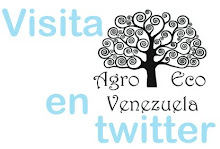Keystone Pseudomonas species in the wheat phyllosphere microbiome mitigate Fusarium head blight by altering host pH
Xu et al., 2025
Phyllosphere microbiota play crucial roles in supporting host performance. However, the dynamic changes of phyllosphere-associated microbiome during pathogen infections and their impacts on plant health remain unknown. Here, we found phyllosphere microbes can mitigate wheat Fusarium head blight (FHB), a severe disease caused by Fusarium graminearum (F. graminearum) pathogen that promotes infection by inducing host alkalinization. Using wheat head microbial community profiling and metatranscriptomics, we found Pseudomonas spp. significantly enriched on infected wheat heads. Through isolating 595 bacterial strains from infected wheat heads—including 196 Pseudomonas isolates—we identified certain enriched Pseudomonas isolates capable of producing organic acids that counteract pathogen-induced pH upshift. In vitro experiments confirm the selective promotion of specific host-acidifying Pseudomonas in wheat heads. Field trials confirmed that host-acidifying Pseudomonas strains effectively controlled FHB. These findings highlight the pivotal role of plant-beneficial microbes in host pH regulation and offer innovative avenues for sustainable plant disease control.
https://www.cell.com/cell-host-microbe/fulltext/S1931-3128%2825%2900450-0
















